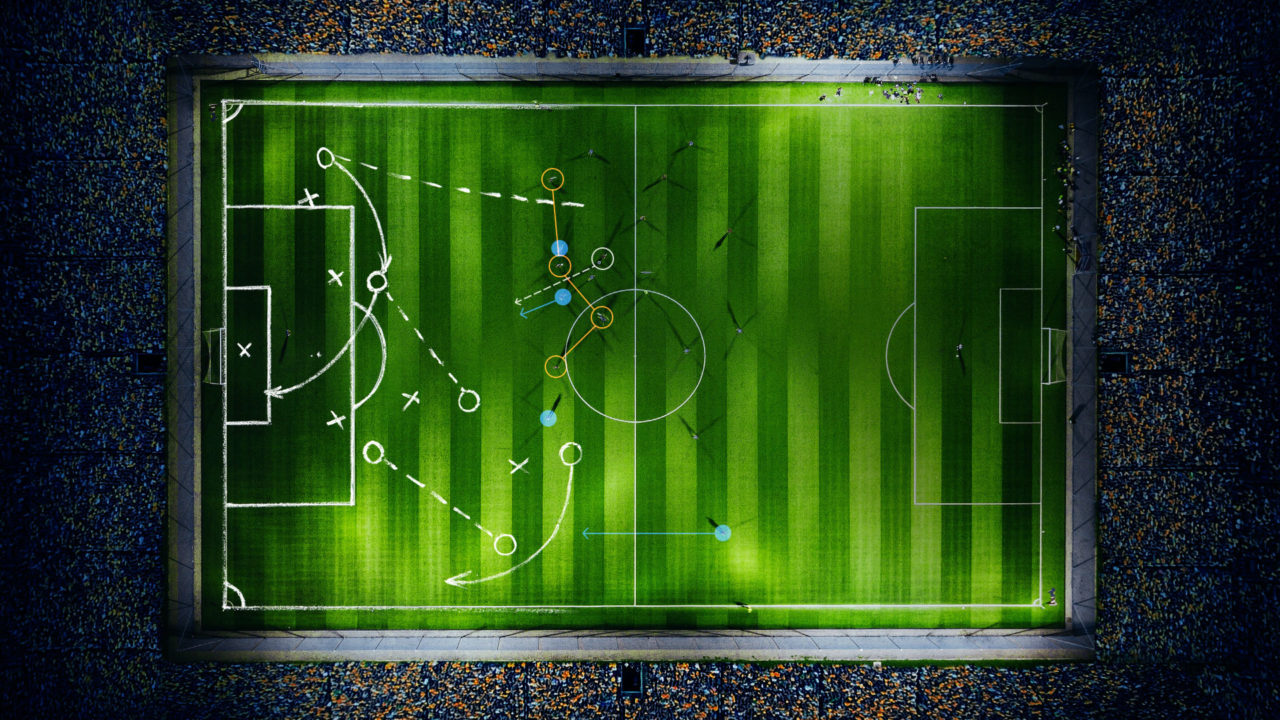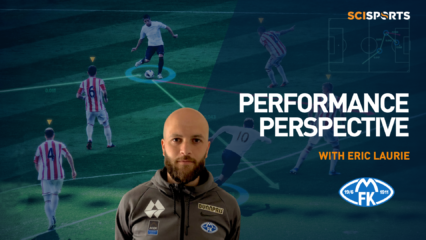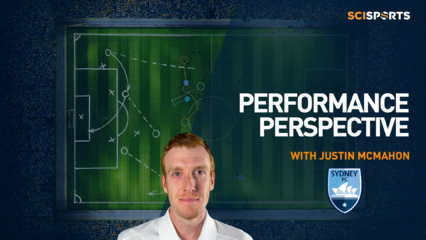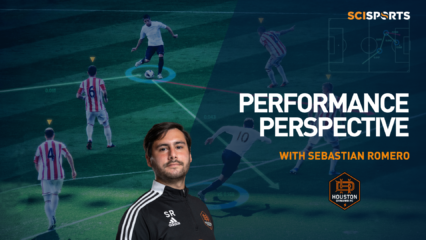
Bernard Schuiteman (42) is a former football player who was active for Bayer Leverkusen, Feyenoord, Mainz, Apollon Limassol and FC Utrecht. After his playing career, he worked as an international scout for FC Twente, after which he became head scout for Rapid Wien. He is currently active as an opponent analyst for the Austrian Football Association. In that capacity he will analyse matches during the European Championship in France this summer. SciSports talked with him about his experiences on analyses, scouting strategy and the developments influenced by science and data intelligence.
Austrian clubs versus Dutch clubs
Through his work as a scout for both FC Twente and Rapid Wien, Schuiteman acquired a good understanding of the differences in scouting between Dutch and Austrian clubs. “The main difference is that Dutch clubs have a larger budget available for scouting”, says Schuiteman. “They value a well-functioning scouting department more than their Austrian colleagues, with Red Bull Salzburg being an exception. This especially becomes clear when you look at the amount of full-time employees in the scouting department.”
Not only do Dutch clubs spend more attention and money on scouting, the way they utilize the department also differs from the Austrians. “In Austria, the starting point is the scout. ‘Which players does he find and present to the club?’ Also, often players are scouted after receiving tips about them. However, in the Netherlands the club is the foundation of the entire scouting strategy. ‘What type of player do we want?’, ‘Which philosophy do we employ?’ and ‘What is our budget for new players?’ Based on those elements, a framework is established in which the scouts will have to work.”
Importance of data intelligence
In the last decade or so, the use of data intelligence has become a key part of a scout’s work. Most clubs use data to complement the observations of the scout. Schuiteman explains: “Say a club is looking for a midfielder who has the tendency to show up in the opponent’s box a lot. If the data then tells you that on average a potential target only enters that box once per match, it’s important to take that seriously. A certain feeling about a player is still relevant, but you can’t ignore important data for a specific position. Nowadays, a lot of clubs use a mix of traditional scouting, where a scout will sit in the stadium, and data intelligence to find new players.”
Another area where data intelligence can play a vital role is the analysis of opponents. However, according to Schuiteman, a lot of ground can be gained in this domain. “Trainers can give their players much more information before a match concerning their direct opponent. It’s important for companies who supply data to be very specific, though. For example, a striker has a defender in his back, he is being played in and then passes the ball to another teammate. Did the defender lose this duel? Did the striker win it? Furthermore, data can be misleading. A defender can win 99% of his duels, but if he makes two mistakes in the last two minutes which causes his team to lose the match…”
Human aspect
Even so, there is no doubt that the scientific and technological developments from the last decades benefit the clubs. But which one is the greatest addition? “I think everyone agrees that having a video of a match available almost directly after it’s finished is one of the best developments of the last few years”, says Schuiteman. “These images can not only be used to ‘filter’ all the scouting tips that clubs receive, but in the last few years they have also proven their worth in match preparations and analyses of opponents.”
Even though Schuiteman recognizes the importance of data intelligence, he’s convinced the human aspect will remain necessary in scouting and analyses. “A lot of elements are difficult to translate into data. Appearance, coaching and other mental aspects are key in top football. A great example is players who will ‘hide’ and stop making themselves available for the pass when things aren’t going their way. An experienced scout can see those things.”
ABOUT US
The SciSports DNA

SERVICES
We are a solution to the growing need for accurate data and new insights







